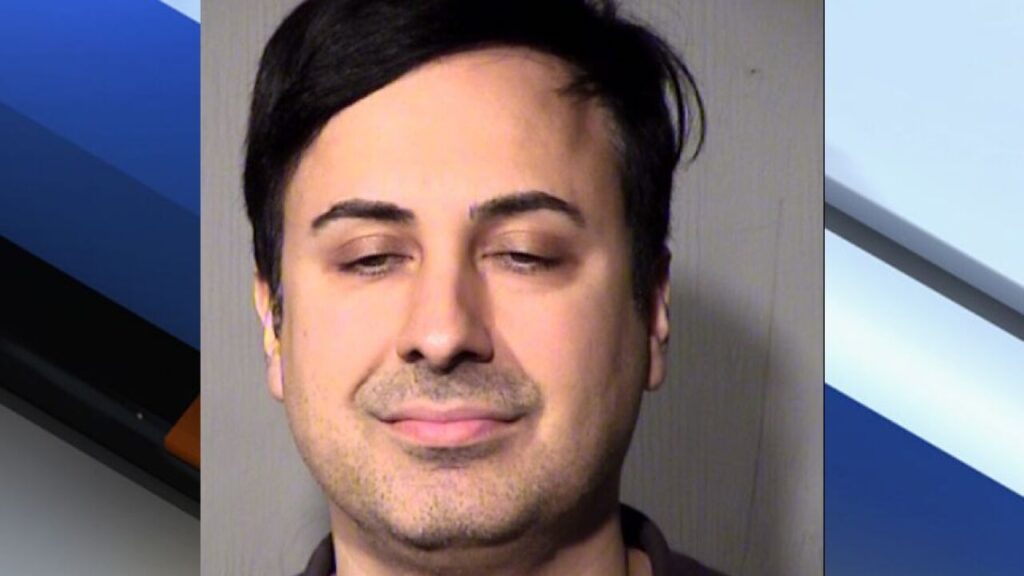Elder abuse is often thought of as an issue that primarily affects everyday people who lack resources or support systems. However, recent high-profile cases reveal that even celebrities—despite their wealth, influence, and public visibility—can become victims of exploitation in their later years. One of the most shocking examples of this is the late Stan Lee, the legendary co-creator of Marvel Comics, who fell prey to manipulation, financial exploitation, and neglect in his final years.
Lee’s tragic experience, combined with similar stories from other high-profile figures, underscores a critical point: elder abuse is a pervasive problem that transcends socio-economic status, and fame offers no immunity.
Stan Lee’s Heartbreaking Decline
Stan Lee, a pop culture icon whose creative genius brought superheroes like Spider-Man, Iron Man, and the X-Men to life, seemed larger than life to his millions of fans. But as he aged, Lee became increasingly vulnerable to those around him. Following the death of his wife, Joan, in 2017, reports began to emerge that Lee was being manipulated and financially exploited by individuals in his inner circle.
One of the central figures in Lee’s case was his former manager and business associate, Keya Morgan, who was accused of isolating Lee from his family and trusted friends. Morgan allegedly exerted control over Lee’s finances, mismanaged his wealth, and even restricted his interactions with those who could intervene.
In addition to financial exploitation, there were allegations of emotional abuse. Court documents revealed that Morgan used threats and intimidation to maintain control over Lee, going so far as to prevent him from seeing his daughter and longtime friends.
The elder abuse allegations culminated in a restraining order against Morgan in 2018. While Lee passed away later that year at the age of 95, the revelations of his mistreatment remain a painful reminder of how even the most beloved and accomplished figures can fall victim to elder abuse.
Why Are Celebrities Vulnerable?
While celebrities like Stan Lee seem untouchable, their unique circumstances can actually increase their vulnerability to elder abuse. Factors that contribute to this risk include:
- Wealth and Assets: Celebrities often have significant financial resources, making them prime targets for exploitation. Unscrupulous individuals see opportunities to siphon off money, misuse funds, or manipulate legal documents to gain control over assets.
- Isolation: Many high-profile individuals live in relative isolation, particularly as they age. The loss of a spouse or close confidants can leave them susceptible to manipulative caregivers or associates who position themselves as indispensable.
- Declining Health: Cognitive decline or physical frailty can impair judgment, making it easier for abusers to deceive or coerce their victims.
- Public Persona: A celebrity’s public image may discourage them or their family from speaking out. The fear of damaging their legacy or inviting media scrutiny can keep abuse hidden.
- Trust Misplaced in Inner Circles: Celebrities often rely on small, tight-knit groups of advisors, managers, and caregivers. This reliance can backfire if the wrong individuals gain undue influence.
Other High-Profile Cases
Stan Lee’s case is not an isolated incident. Several other celebrities have also experienced elder abuse, highlighting the widespread nature of this issue:
- Mickey Rooney: The legendary actor testified before Congress about the emotional and financial abuse he suffered at the hands of a family member. Rooney described being stripped of his dignity, isolated from his loved ones, and denied access to his own finances.
- Casey Kasem: The iconic radio personality’s final years were marred by a highly publicized family feud over his care. Allegations of neglect and financial mismanagement surfaced as Kasem’s children and wife battled for control over his well-being.
- Brooke Astor: The late socialite and philanthropist was exploited by her own son, who was convicted of stealing millions from her estate while she suffered from Alzheimer’s disease.
The Warning Signs of Elder Abuse
Elder abuse often begins subtly, making it difficult to detect until significant harm has occurred. Families and loved ones should be vigilant for the following red flags:
- Sudden Changes in Finances: Unexplained withdrawals, new accounts, or altered legal documents.
- Isolation: A caregiver or associate limiting access to family, friends, or trusted advisors.
- Physical or Emotional Changes: Unexplained injuries, weight loss, or signs of depression and anxiety.
- Unusual Behavior: A previously independent individual suddenly becomes overly reliant on or fearful of someone.
Combatting Elder Abuse
The cases of Stan Lee, Mickey Rooney, and others highlight the urgent need for greater awareness and systemic protections against elder abuse. Here are some steps individuals and society can take to address this issue:
- Advance Planning: Establishing clear legal arrangements, such as wills, trusts, and power of attorney documents, can reduce opportunities for exploitation.
- Regular Check-Ins: Families and trusted friends should maintain consistent contact with older loved ones, even if they appear to have a solid support system in place.
- Reporting Abuse: Elder abuse often goes unreported due to fear or shame. It is crucial to report any suspected abuse to adult protective services or law enforcement.
- Public Advocacy: High-profile cases like Stan Lee’s can be leveraged to raise awareness and push for stronger legal protections for older adults.
A Call to Action
Stan Lee’s story is a heartbreaking example of how even the most admired and accomplished individuals can be mistreated in their later years. It’s a reminder that elder abuse is not just a private issue—it’s a societal one that requires collective action to address.
By learning from these high-profile cases and advocating for better protections, we can honor the legacies of figures like Stan Lee while ensuring that future generations of older adults are treated with the dignity and respect they deserve.

